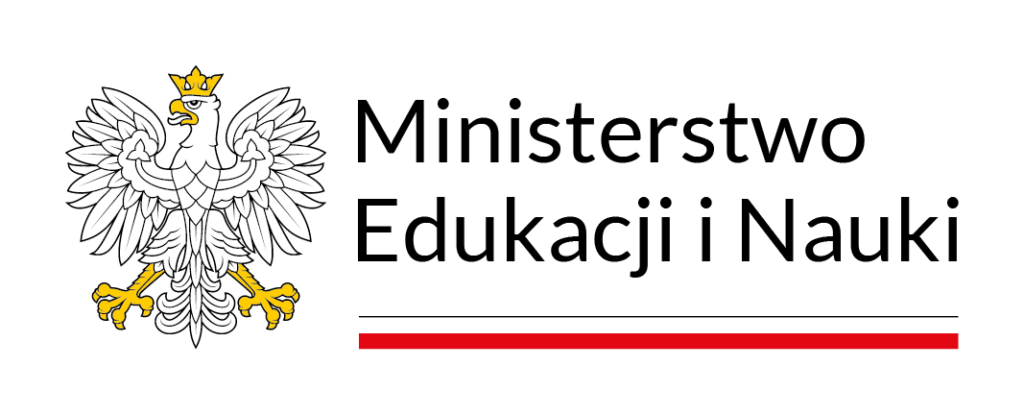4th Polish-German BRIDGE CONFERENCE
Fall/Winter 2025
Let’s meet for the fourth time! Details coming soon!
Fall/Winter 2025
Let’s meet for the fourth time! Details coming soon!
The aim of the conference is to present the scientific achievements of both countries in solving the key challenges facing societies and the possibility of implementing them in industry, especially in Germany and Poland.
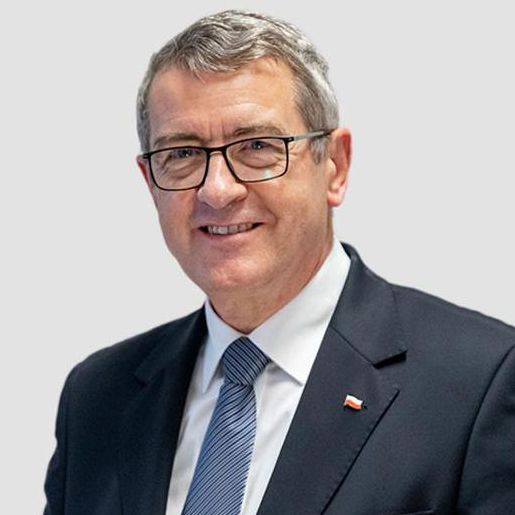
Secretary of State,
Government Plenipotentiary for Reform of the Functioning of Research Institutes
Ministry of Education and Science
The Bridge Conference is extremely important for the development of science and industry in Poland and Germany. It provides an excellent opportunity for networking and joint initiatives. The event is in line with the objectives of the Ministry of Education and Science, promoting interdisciplinary and international cooperation in cutting-edge technological research. The conference serves as a Polish-German bridge between industry and science and enhances cooperation between regions. I am convinced that the event will be a platform for initiating new innovation partnerships and will provide further important impulses for the development of Poland and Germany.

Consul General of the Federal Republic of Germany in Wrocław

Honorary Consul of the Republic of Austria in Wroclaw

Honorary Consul of the United Kingdom of Great Britain and Northern Ireland in Wroclaw

Honorary Consul of the Czech Republic in Wroclaw
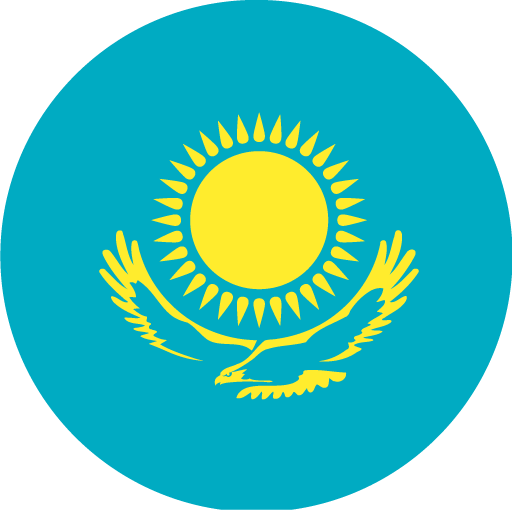
Honorary Consul of the Republic of Kazakhstan in Wroclaw
The conference will consist of four thematic macro-blocks, containing presentations and discussions of experts.
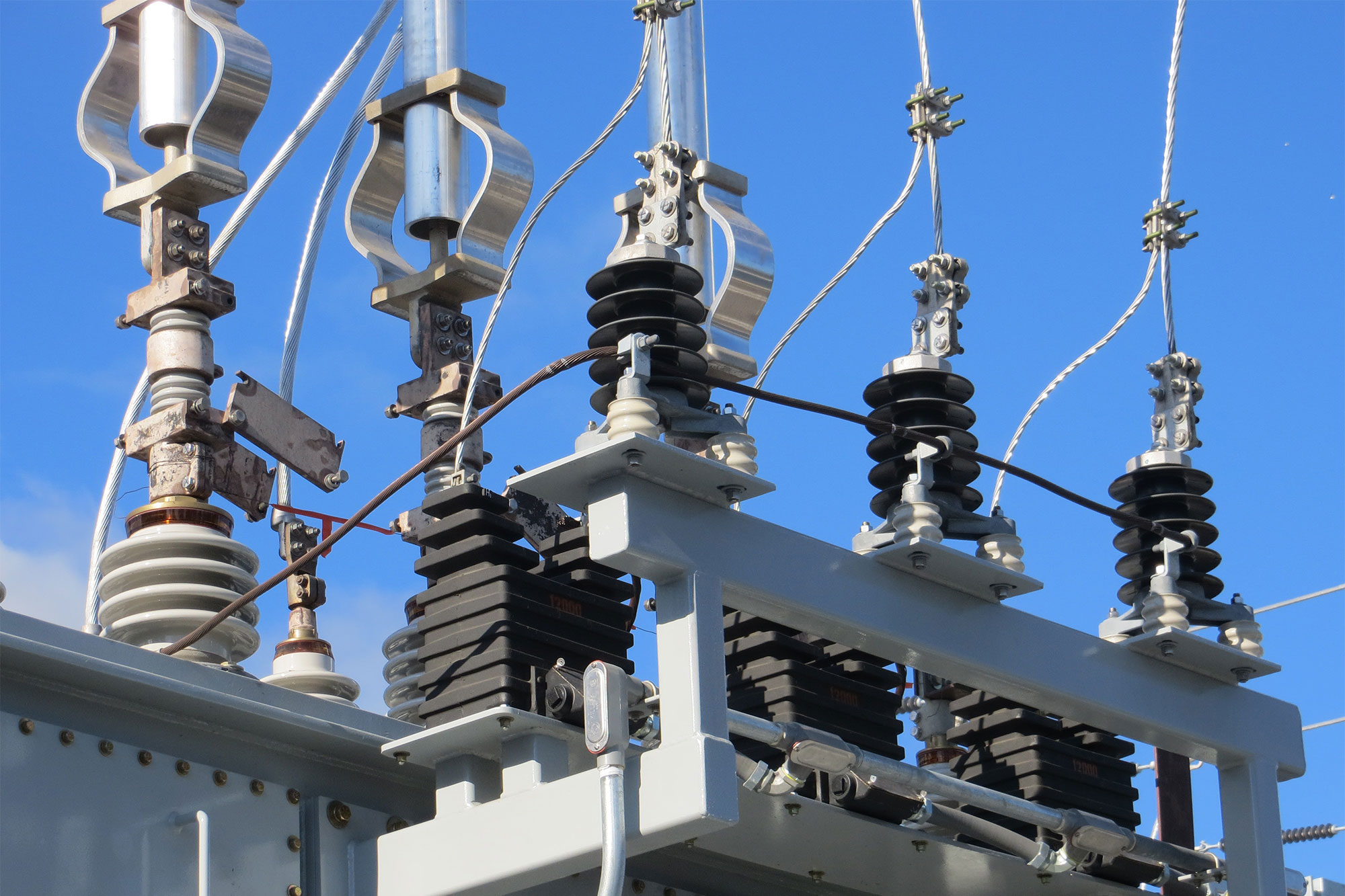
The first macro-block is Energy, with particular emphasis on the challenges it currently faces and the role of renewable energy sources.
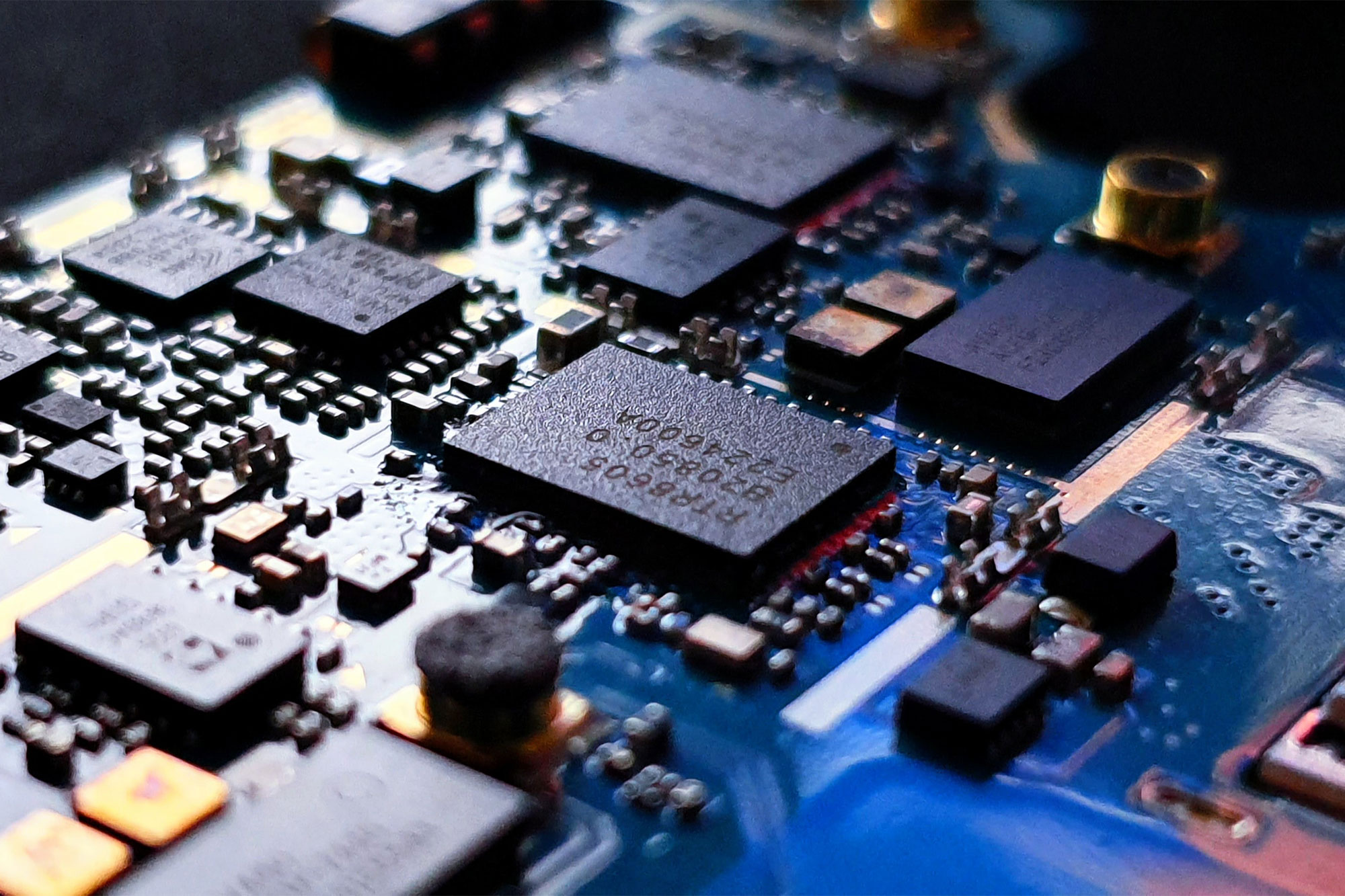
The second macro-block is Micro and Nanoelectronics and its role in a changing world.
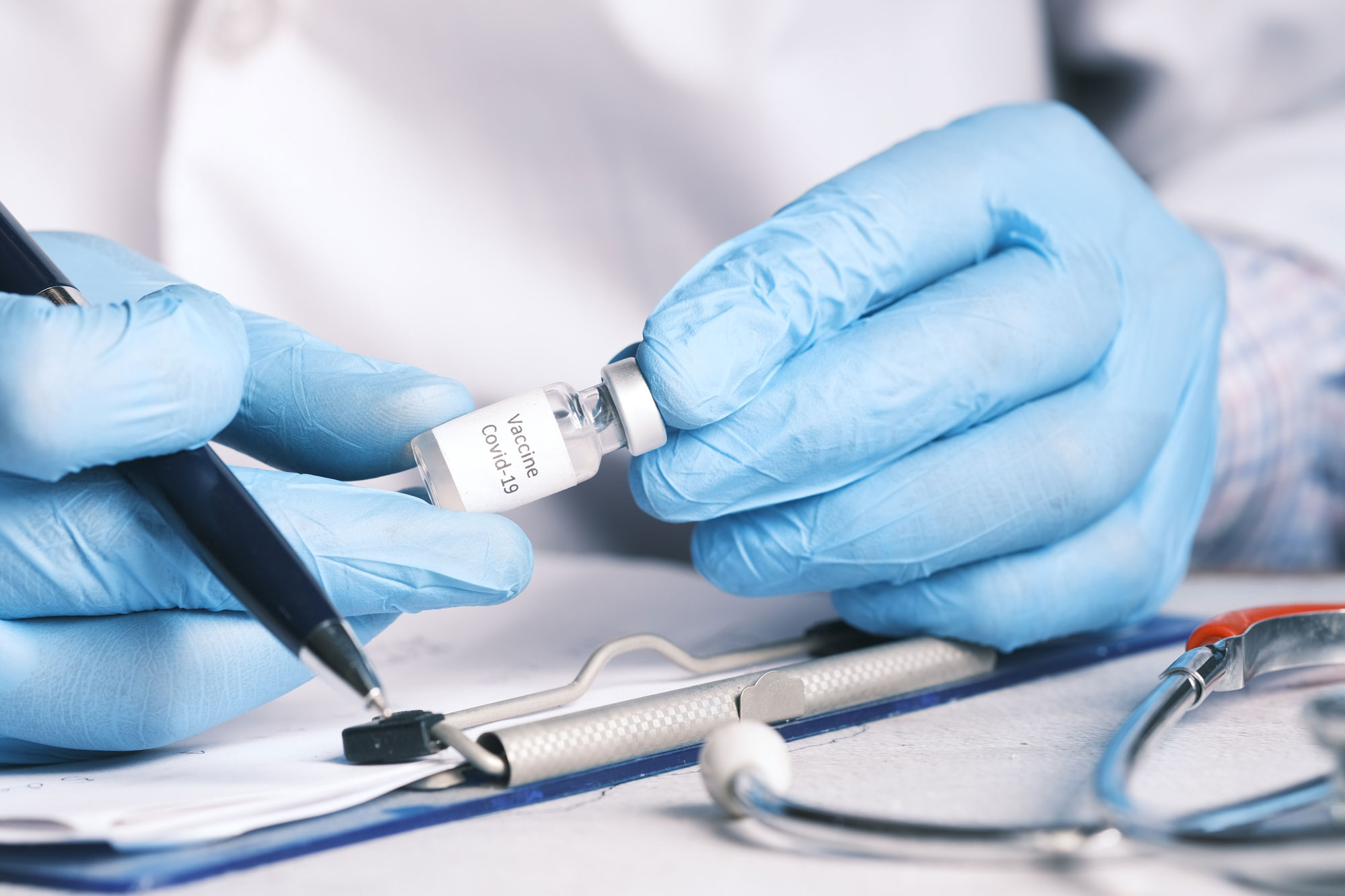
The third macro-block is health care and food. Among other things, the question of feeding humanity in the wake of the collapse of cereal supplies will be touched upon.

The fourth macro-block is Information and Communication Technologies. It was proposed to limit this macro-block to the challenges facing Europe in the area of cyber security or, more broadly, to technologies in public security.
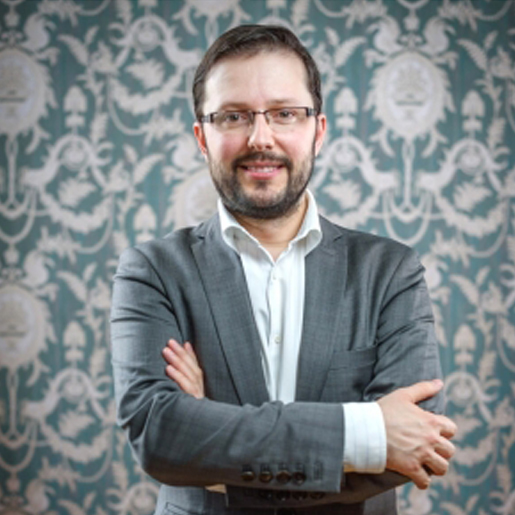
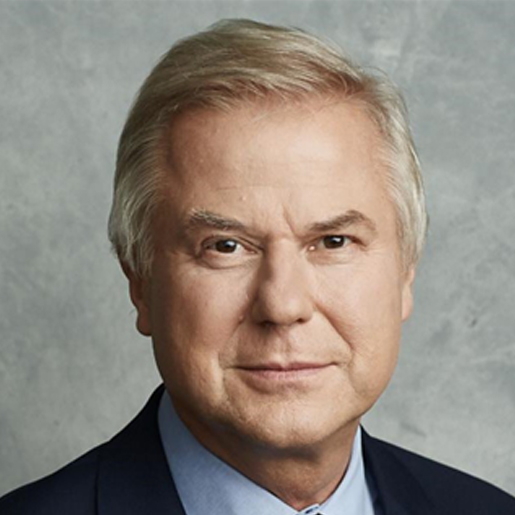
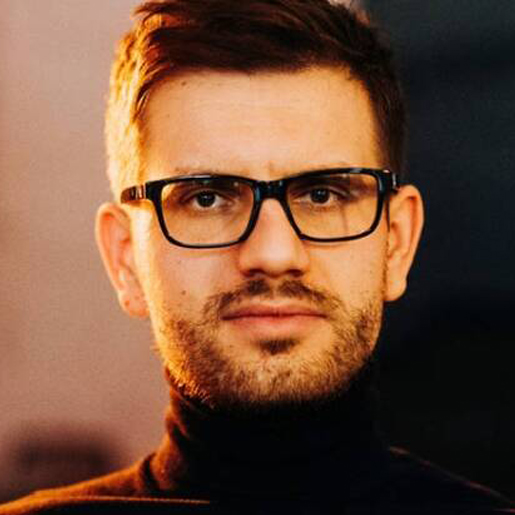
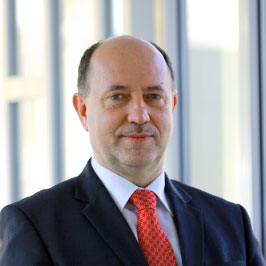
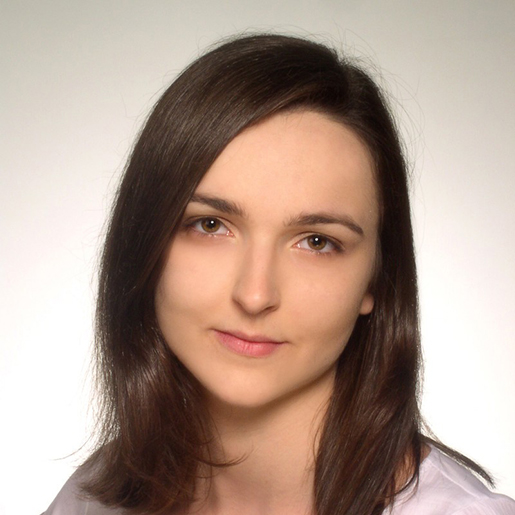
The third day of the conference will be devoted to Polish-German cooperation in the scientific and business context.
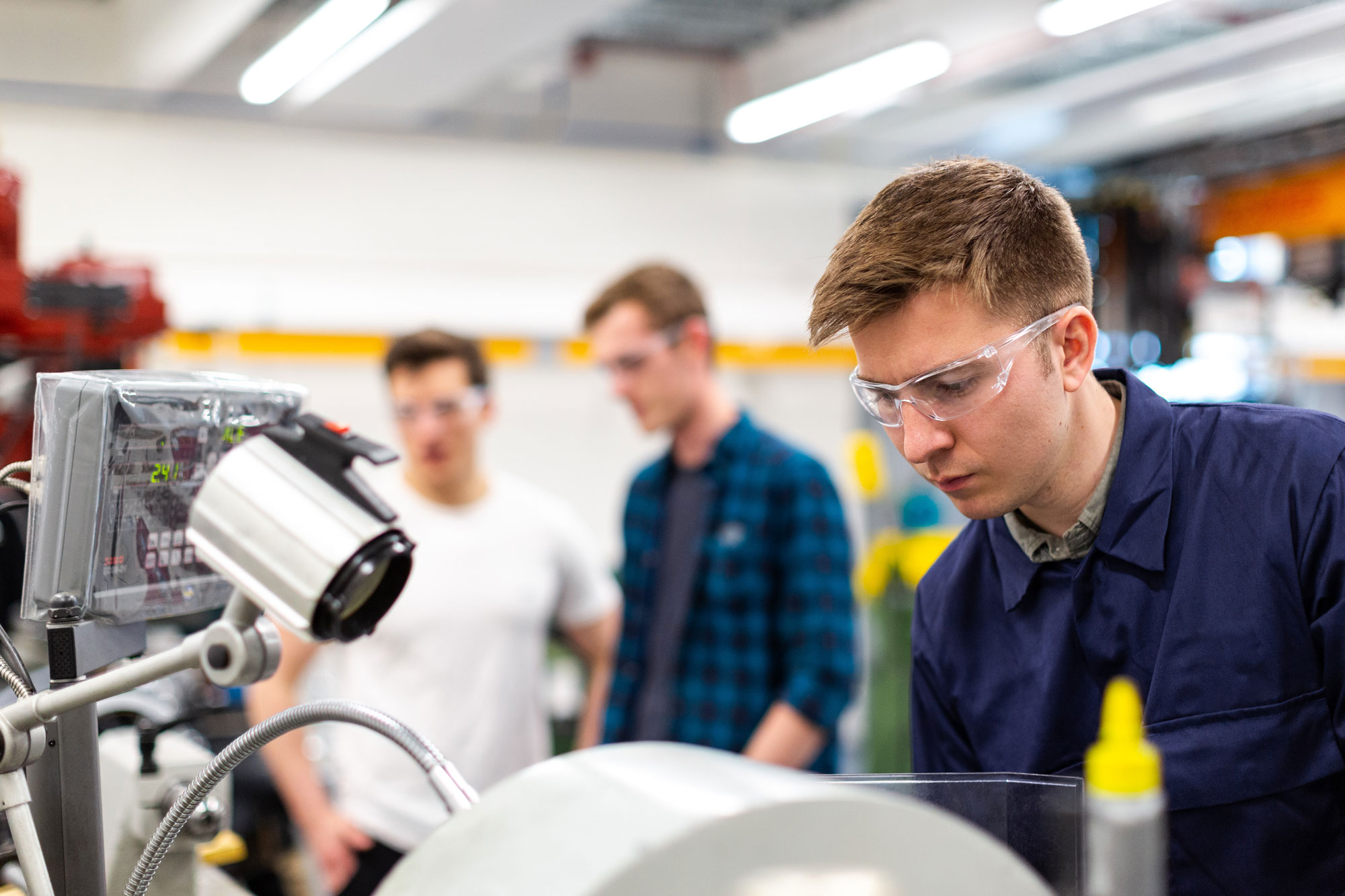
Presentation of ongoing joint projects by scientists from Germany and Poland and new projects possibilities
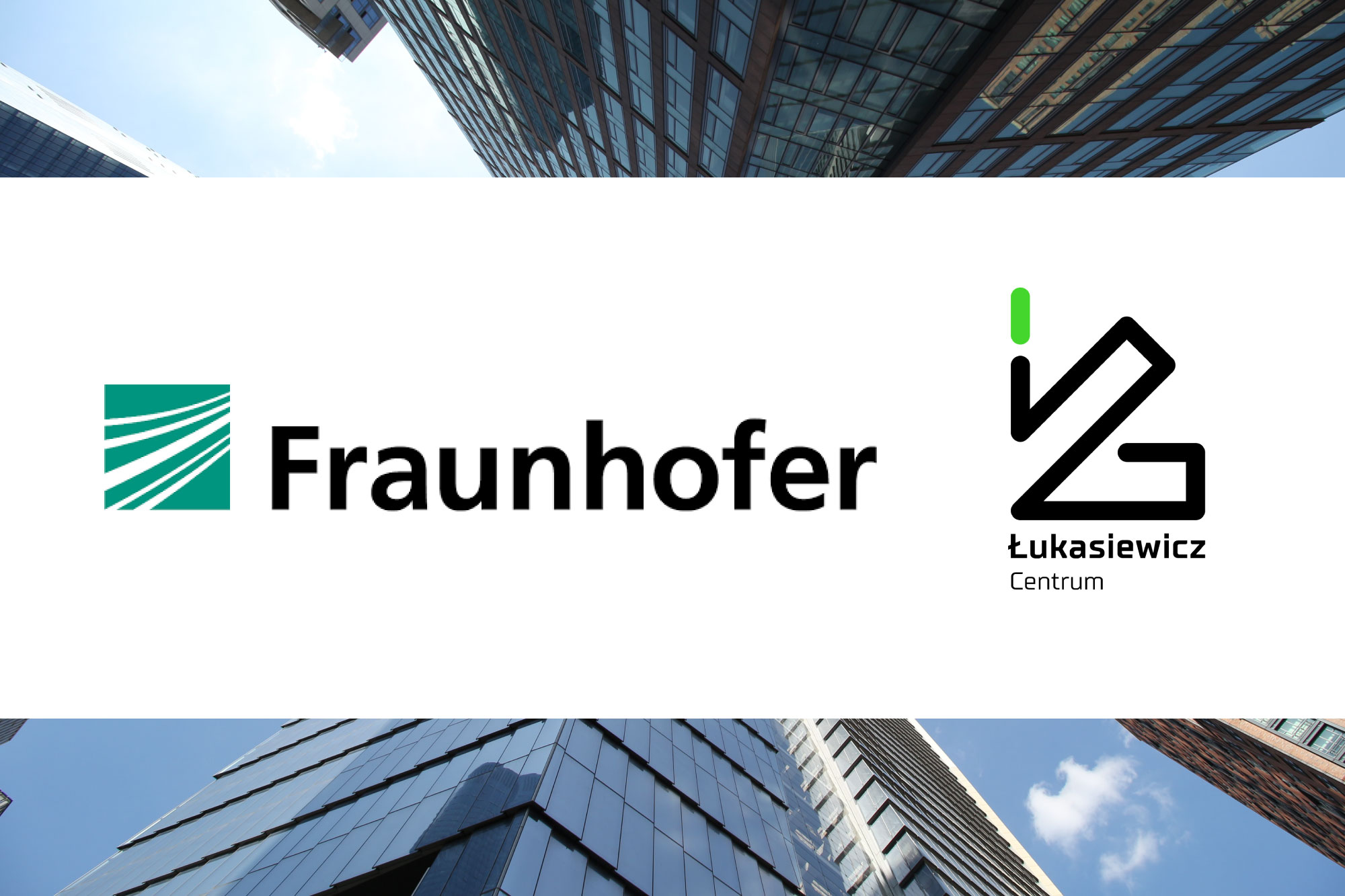
Presentation of the Fraunhofer Institute Network and Łukasiewicz Institute Network
Meet scientific and business partners from Poland and Germany during accompanying events and networking.
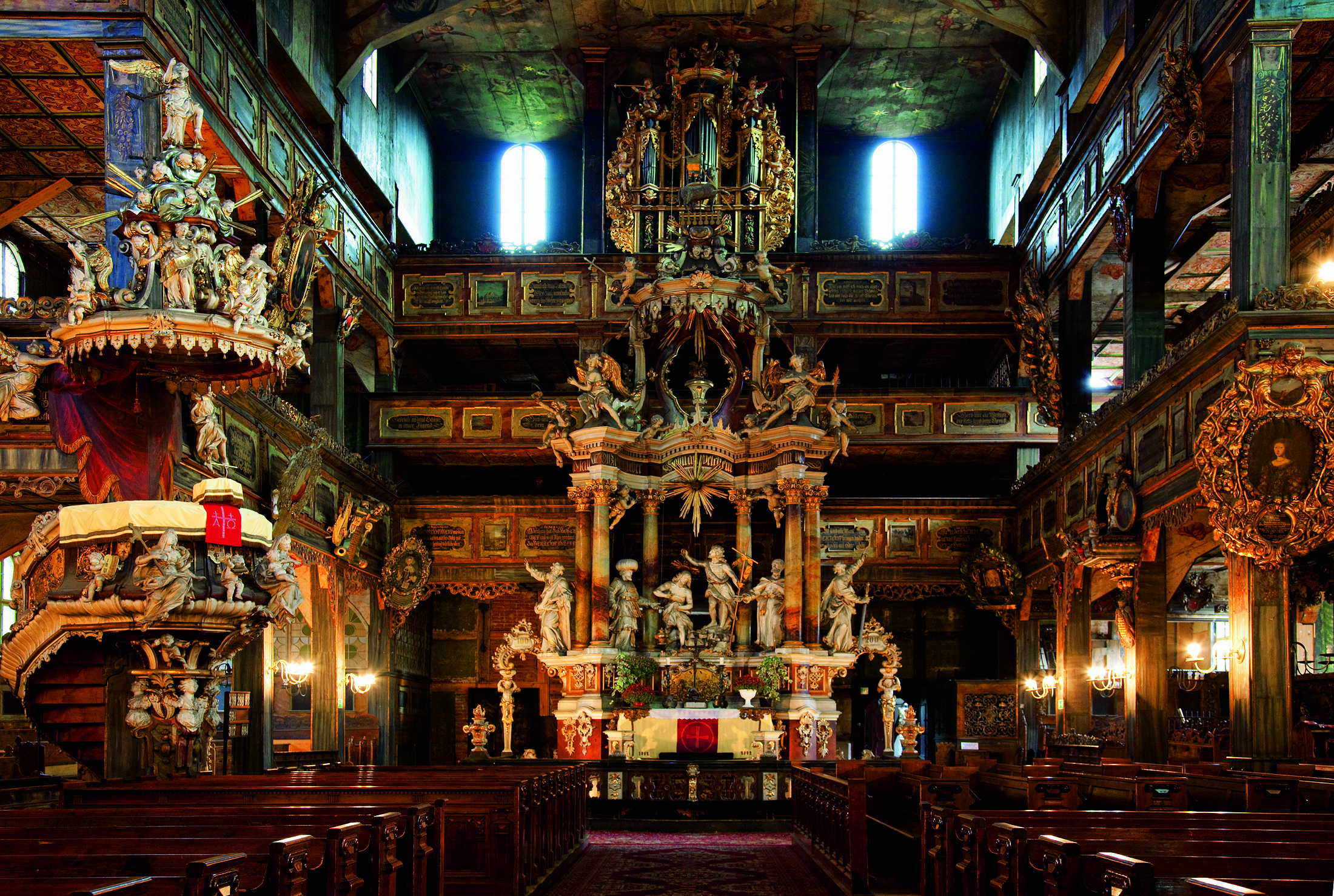
A monument from the UNESCO World Heritage List, a Monument of History, the largest wooden Baroque temple in Europe, one of the seven new wonders of Poland according to "National Geographic" ... The beginnings of the Church of Peace did not promise such a series of successes. On the contrary, the Catholic Habsburgs imposed conditions that excluded the Lutheran community, and their modest church was not to stand the test of time. They could build it only outside the city walls, without towers and a bell tower, only from perishable materials: wood, sand, straw and clay. It could not resemble a church, and construction could not exceed a year.
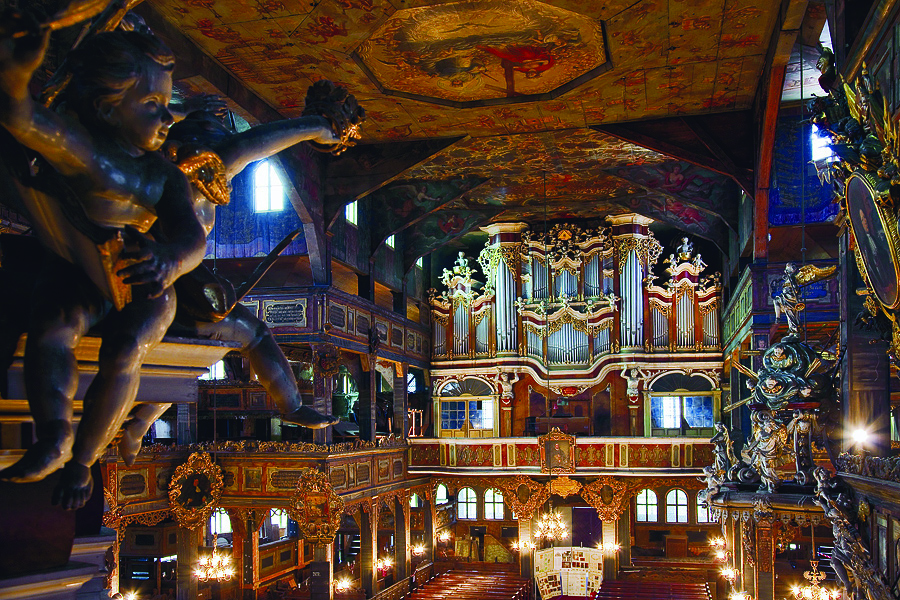
Located in the Church of Peace, the Great Symphonic Organs of the Schlag&Söhne company from Świdnica from 1909 are the soul of this place. Nearly 4,000 pipes arranged in several dozen voices, e.g. violin, cello, double bass, flute, horn, trombone as well as Baroque angels playing two drums amaze visitors. The organs stand out from other instruments in the region primarily by their size - they have as many as 62 voices! Thanks to this, they constitute a priceless instrument-related monument. For 110 years, they have constantly attracted outstanding organists from around the world, who bring them to life with their fingers. This is due to the power of this majestic machine, as well as the reputation of the 19th-century Schlag&Söhne organ factory in Świdnica, which reaches many countries.
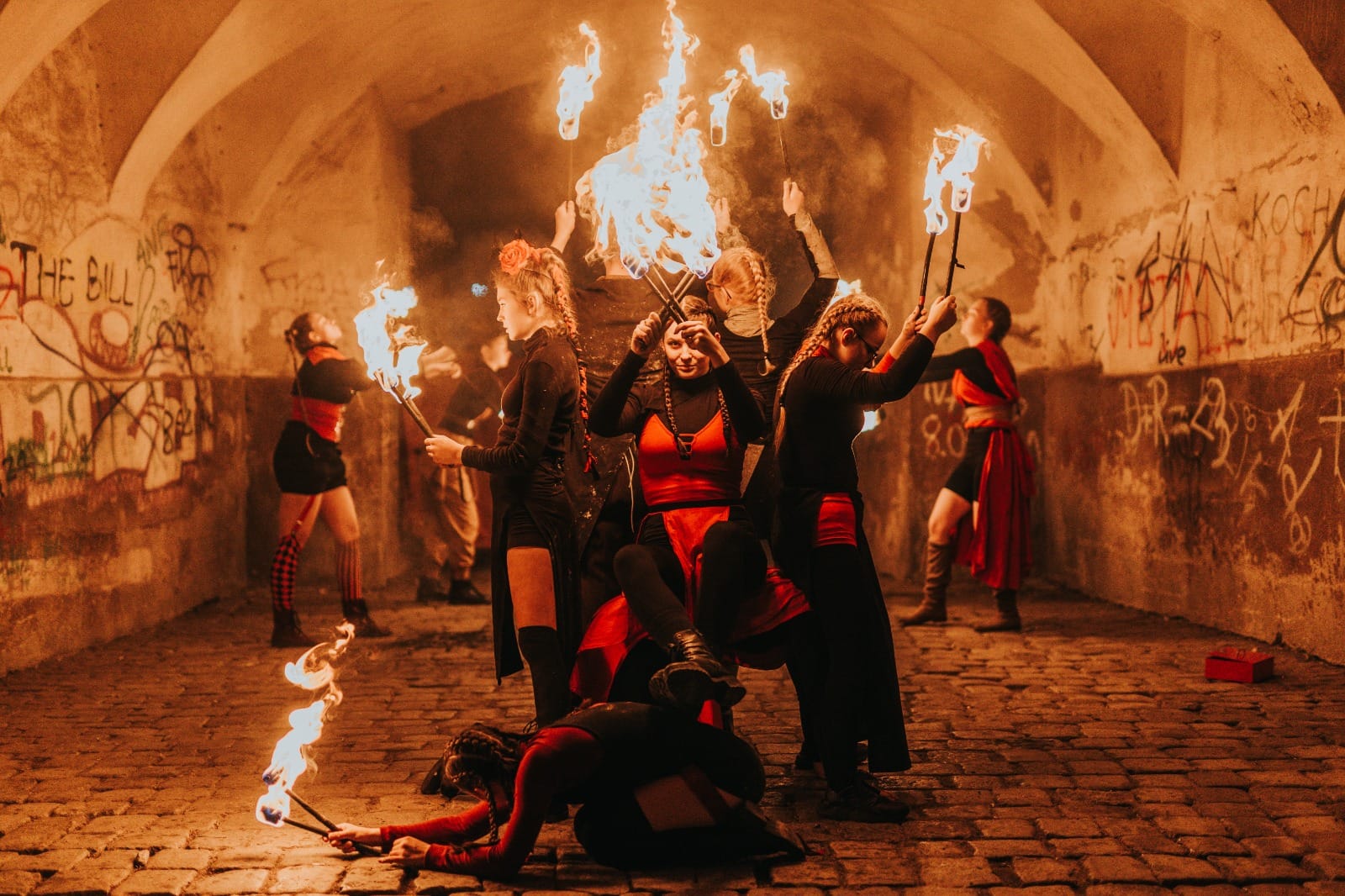
A mysterious and mystical spectacle of music, light and fire. A group of talented actors will present a spectacle inspired by the atmosphere of the Palace in Krzyżowa in the courtyard. The show will be filled with dynamic choreographies using a wide range of fire, LED and pyrotechnic equipment with inspiring scenery.
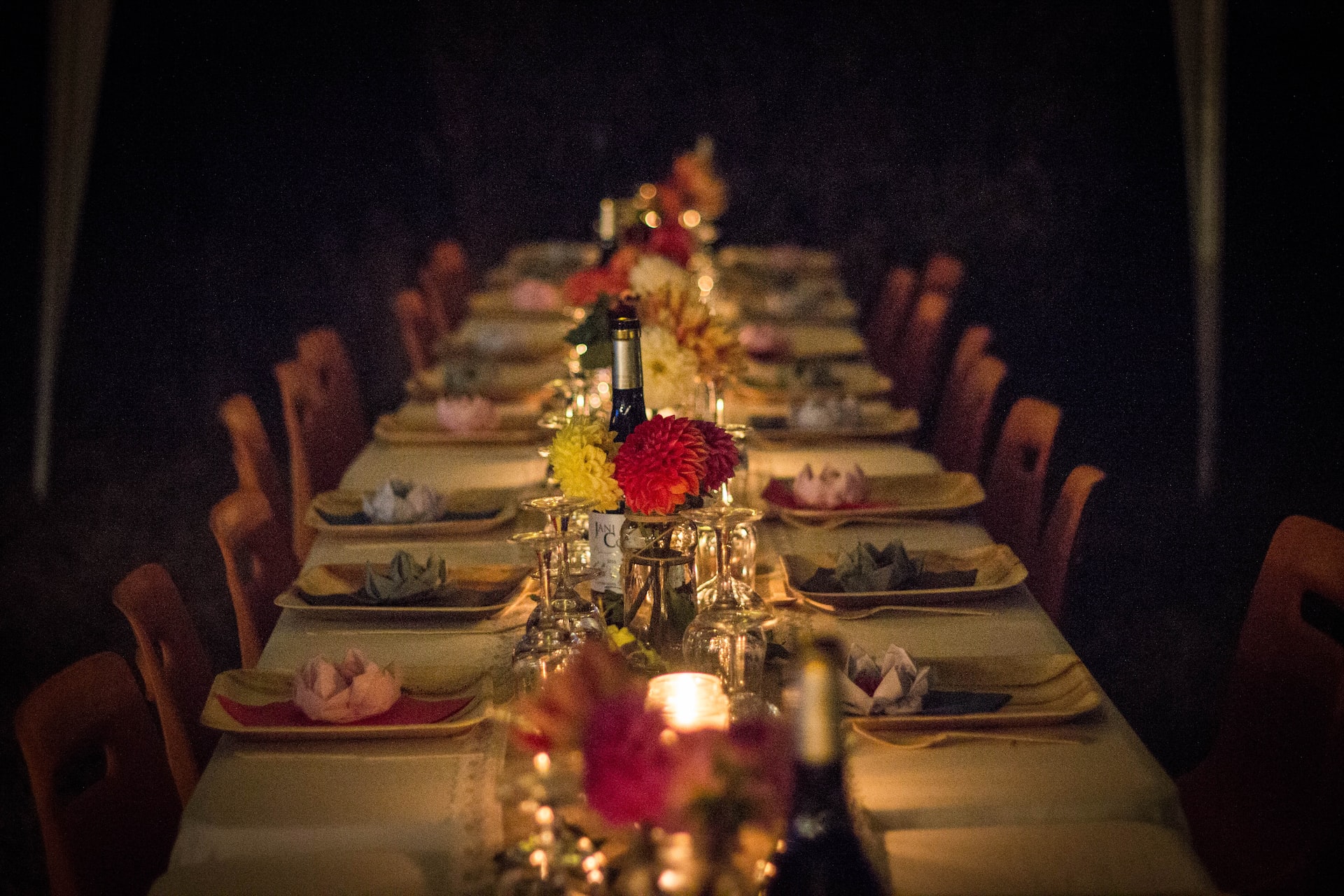
A gala dinner in the historic interiors of the Krzyżowa Palace will be an opportunity to try the specialties of the local cuisine and establish scientific and business contacts.
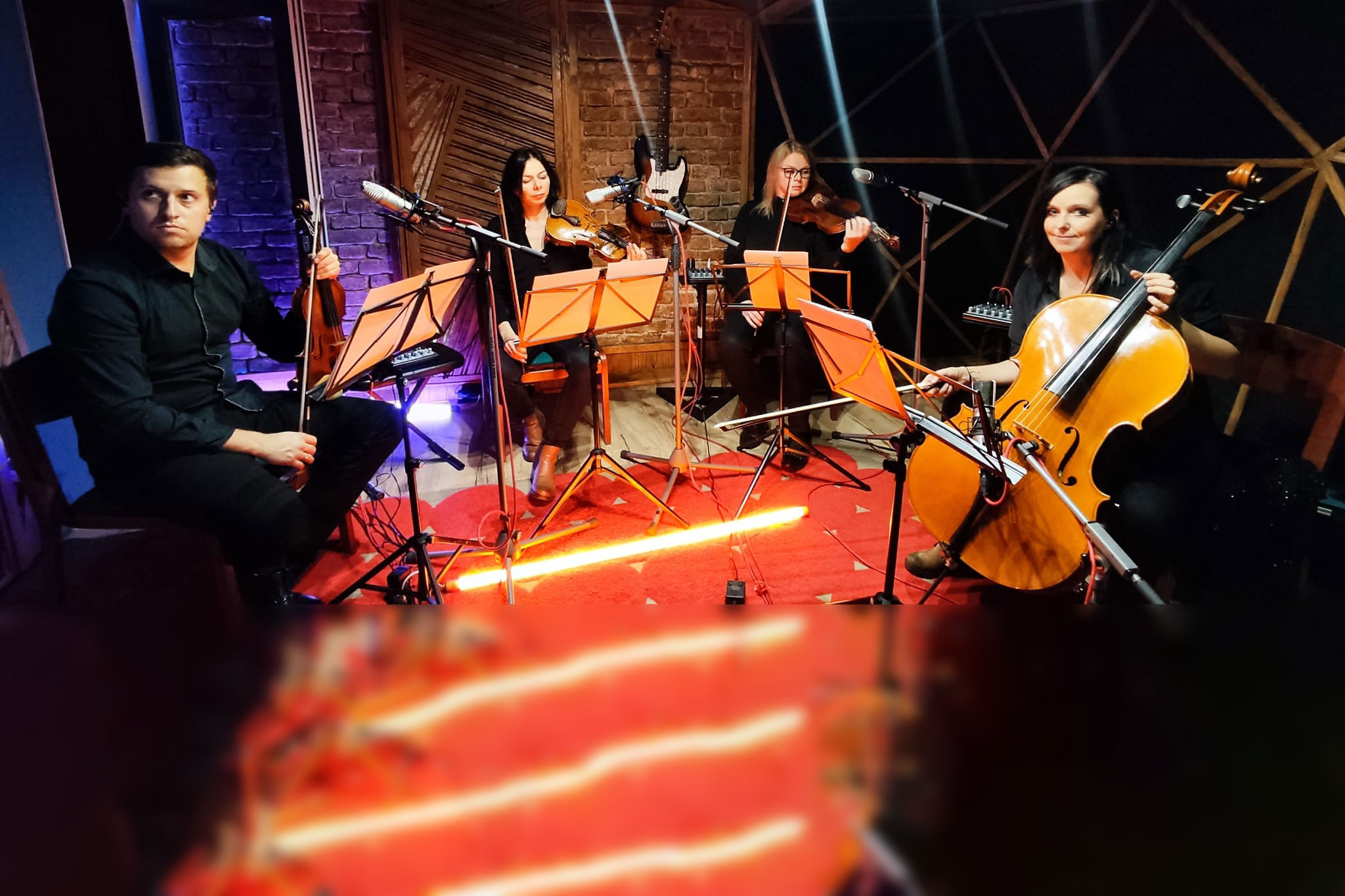
The first day of the event will feature an intimate concert of a string quartet. The repertoire includes the greatest works of Viennese composers, waltzes and polkas. Let yourself be carried away by the music in the historic interiors of the Krzyżowa Palace.

Discover the extraordinary history and usually inaccessible places of Krzyżowa Palace on a guided tour. In Krzyżowa, history is present at every step.

In November 1989, a Reconciliation Mass was held in the courtyard, fenced off with farm buildings. To commemorate this event, there is a symbolic plaque near the "Stable" building, indicating the place where the stage with the altar was built. The plaque is also an invitation to the outdoor exhibition "Courage and Reconciliation", located behind the "Stables" building. The exhibition tells the story of the rapprochement and reconciliation of Germans and Poles since 1945. It is also a place of remembrance, referring to the history of the Foundation and the international civic initiative of the founders of Krzyżowa who were involved in the reconciliation process.
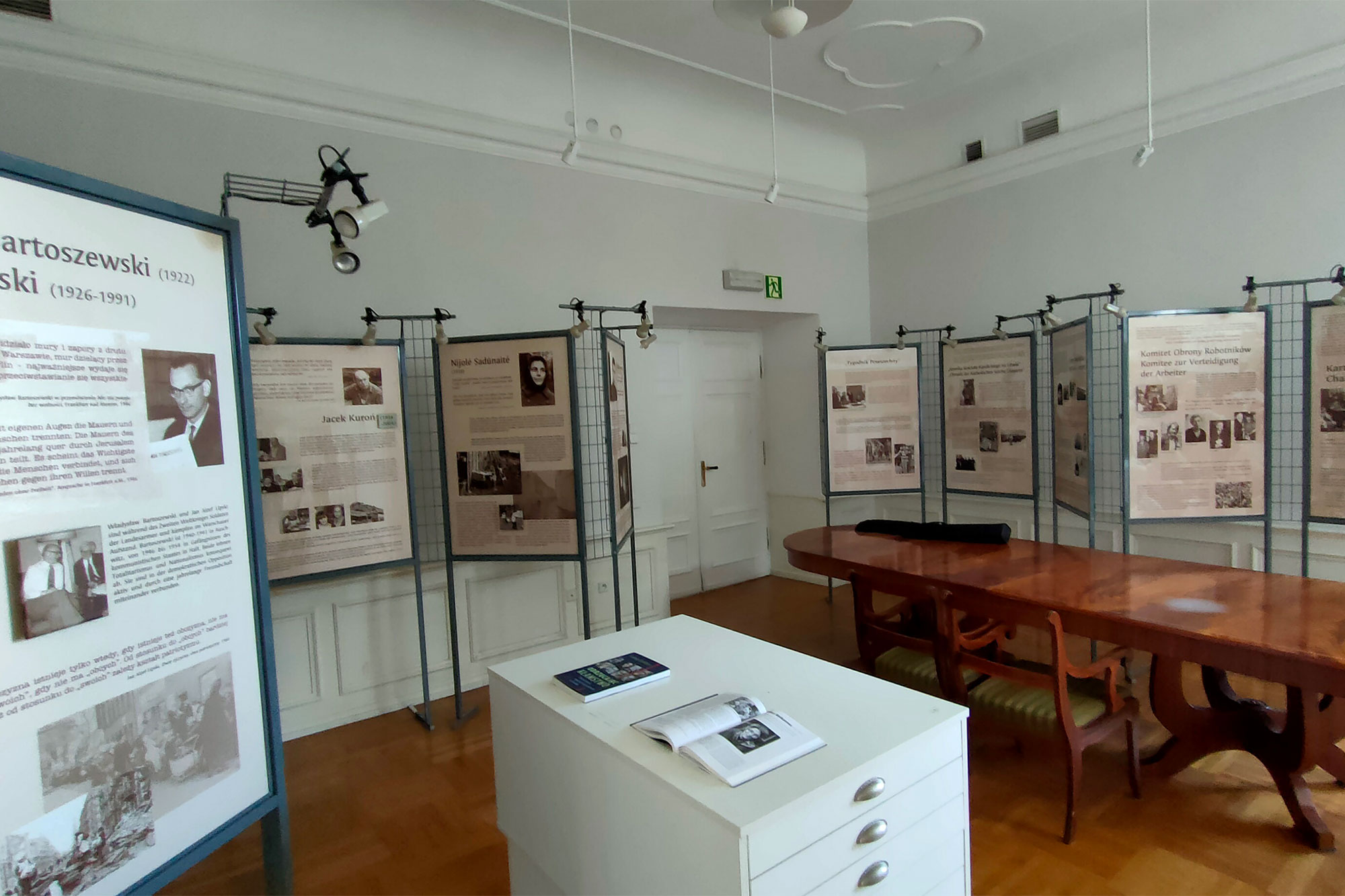
The German resistance against National Socialism – on the one hand, the opposition civil movements in Central and Eastern Europe in the period before 1989 – on the other hand, were the foundation and reference point for the founders of the Foundation when creating an education and meeting place in Krzyżowa. The life of people involved in the fight for inalienable human rights, active in resistance and opposition movements, is discussed in another permanent exhibition - "Rejecting Lies". The exhibition can be viewed on the ground floor of the Palace.
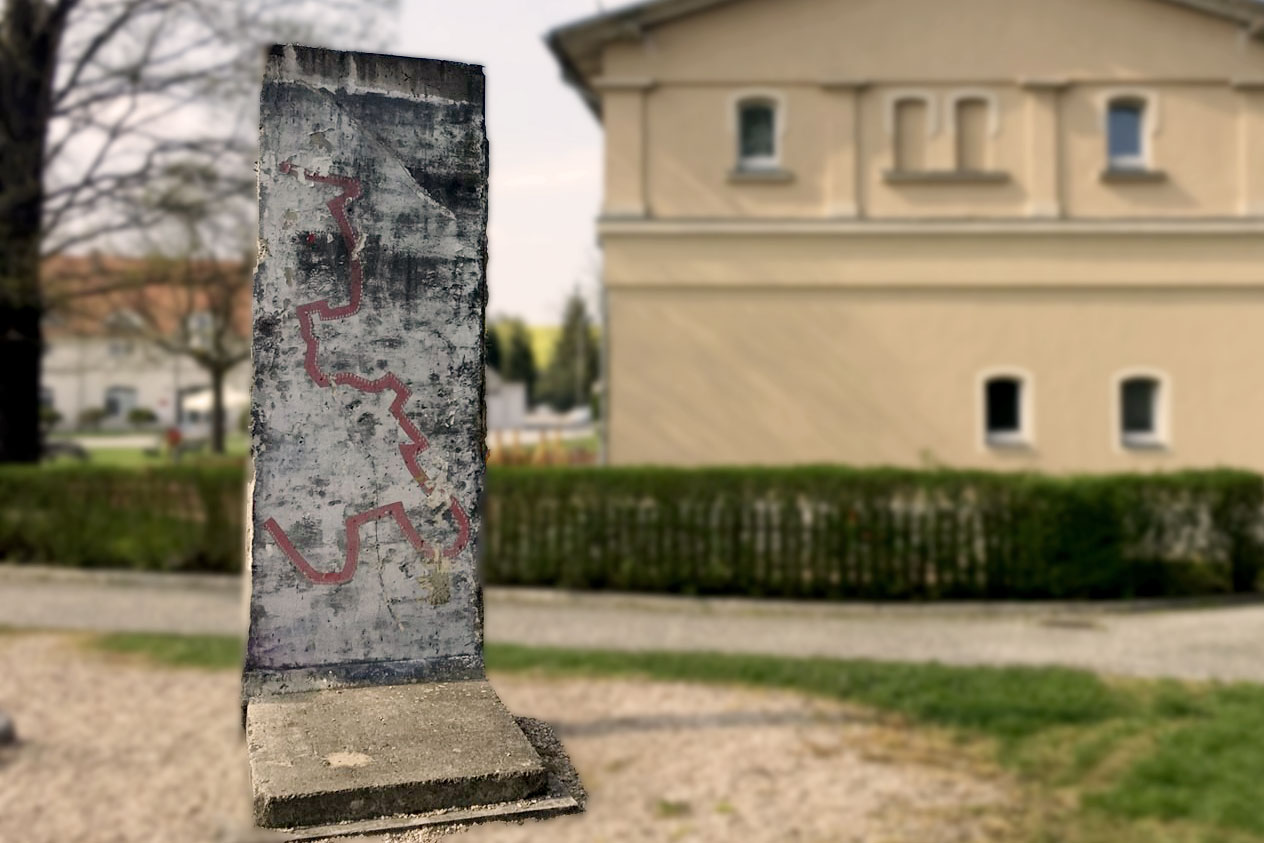
In the palace courtyard you have a unique opportunity to see a fragment of the Berlin Wall. This witness to history was brought to Krzyżowa in 2009. The monument commemorates the 20th anniversary of the fall of communism in Central and Eastern Europe and the historic reconciliation mass held on 12 November 1989 by the then leaders of Poland and Germany, Tadeusz Mazowiecki and Helmut Kohl. Their gesture of reconciliation became a symbol of a new Polish-German relationship. In the same year, 2009, a monument - a fragment of a wall from the Gdansk shipyard - was unveiled at the entrance to the German parliament, commemorating Poland's contribution to democratic change in Europe.
The place’s history was connected with the von Moltke family from the mid-19th century onwards. That was when Helmuth Carl Bernhard von Moltke bought the estate and settled there with his family. Thanks to his nephew, Helmuth James von Moltke, meetings of the Kreisau Circle, a group of opponents of National Socialism, were held there.
The village also gained renown as a result of a very recent historical event, the Reconciliation Mass, celebrated in the courtyard of today’s meeting centre on 12 November 1989. A symbolic sign of reconciliation was exchanged between Polish Prime Minister Tadeusz Mazowiecki and Chancellor of the Federal Republic of West Germany, Helmut Kohl.
Registration for Bridge Conference 2025 will start soon!
Registration for Bridge Conference 2023 is now closed. Please join us for the next editions!
Projekt dofinansowany ze środków Ministra Edukacji i Nauki w ramach programu pod nazwą „Doskonała nauka II”
